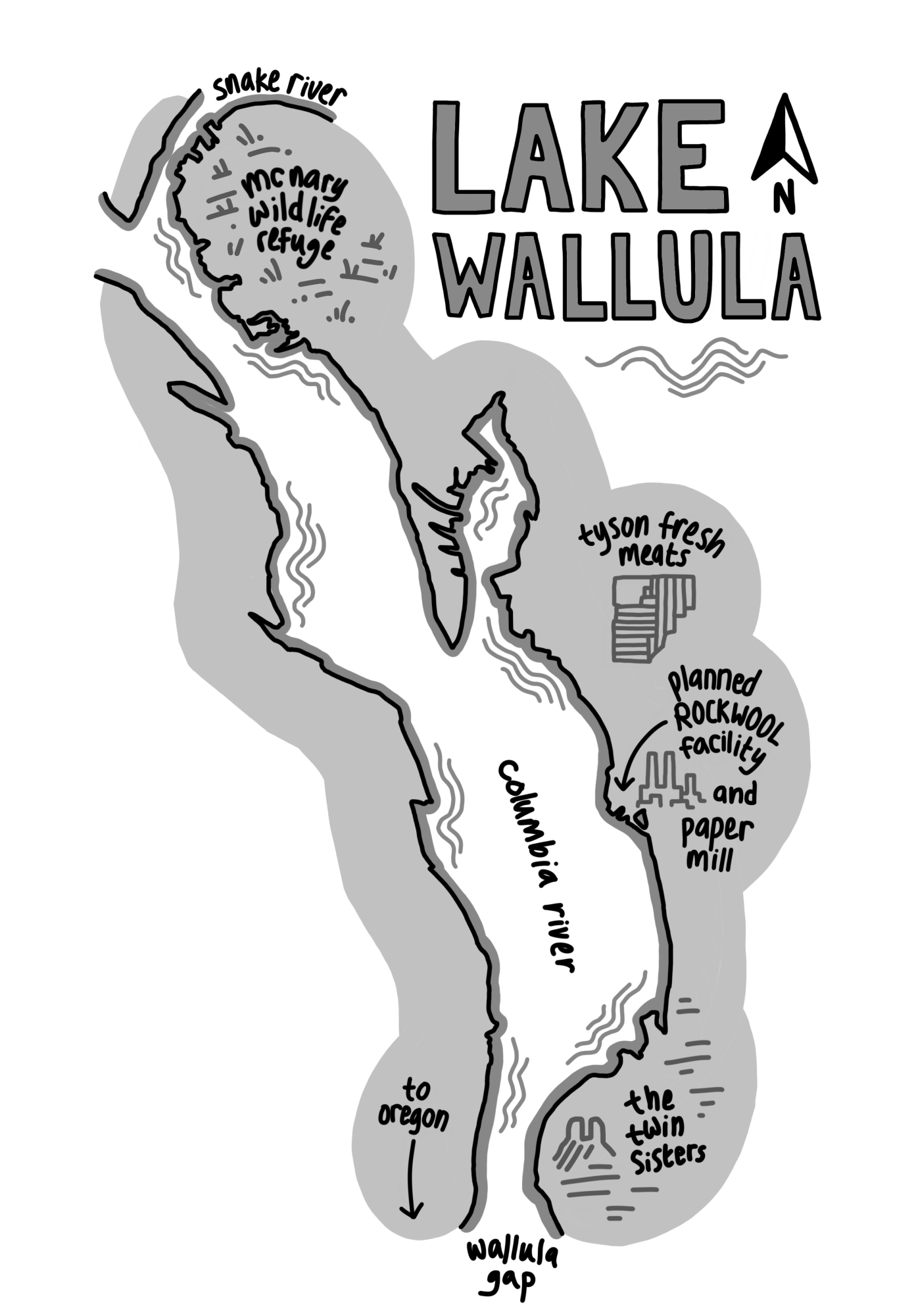
Look out Walla Walla County, a new manufacturing facility may be coming your way. On March 7, 2024, insulation manufacturer ROCKWOOL announced that the company purchased 250 acres of land in the Wallula Gap Business Park, located right on the western border of Walla Walla County.
ROCKWOOL produces what it calls “stone wool,” a special insulation material made from volcanic rock. According to the company’s website, the raw materials (basalt mixed with recycled slag, a common byproduct of steel production) are heated to temperatures exceeding 2700°F and then spun into fibers before cooling into slabs. ROCKWOOL’s manufacturing process was inspired by natural processes that create extremely thin fibers out of molten lava.
Currently there are two ROCKWOOL manufacturing facilities in the United States: one in Marshall County, Mississippi and one in Jefferson County, West Virginia.
According to ROCKWOOL North America Public Affairs Manager Paul Espinosa, the proposed Wallula Gap facility would be better positioned to provide stone insulation products to the western United States than the current manufacturing facilities in the east.
Another advantage Wallula Gap offers is its location on the Columbia Plateau, an expansive basalt formation spanning approximately 100,000 square miles in the Pacific Northwest. The plateau is made almost entirely of basalt, the main feedstock for ROCKWOOL’s manufacturing process.
Morgan Sharp, a senior geology student, described the unique aspects of the Columbia Plateau’s volcanic rock.
“It’s one of the youngest large provinces of basalt globally. All of our bedrock is basalt that erupted between 16 and five million years ago,” said Sharp. “[The plateau formed through] an igneous extrusive process, but it’s not like a volcano in the typical imagination. It’s more like a sheet or a flow of lava spreading across the landscape.”
Although the Columbia Plateau’s abundance of basalt is one of the attractive features of the region for ROCKWOOL, the company will stick with its current suppliers before potentially switching to local rock sources.
“Over time, we will continue to evaluate [basalt] sources in closer proximity to Wallula to determine whether those sources meet chemistry requirements and other specifications,” said Espinosa.
Other advantages that Wallula Gap offers ROCKWOOL are well-connected infrastructure for transporting raw materials and finished products and skilled workforces in Walla Walla and the Tri-Cities.
A pre-existing skilled workforce is in part because of the current presence of other industrial facilities in Wallula Gap. Tyson Fresh Meats processes beef and pork into a variety of meat products, and Packaging Corporation of America produces more than 3 million pounds of corrugated cardboard and paper products every day.
On the flip side, this intense concentration of industrial facilities in one location is the resulting air pollutants the facilities produce. Tyson and Packaging Corporation of America are the two biggest (known) producers of air pollution in Walla Walla County according to yearly EPA tracking reports, dumping hundreds of thousands of pounds of EPA-regulated pollutants into the atmosphere every year.
Associate Professor of Sociology and Paul Garrett Fellow Alissa Cordner studies environmental health and chemicals that seep into our ecosystem. Cordner discussed the current landscape of air pollution in Wallula Gap, and how ROCKWOOL may potentially layer additional air pollution onto existing levels.
“What’s the dominant exposure profile coming out of Wallula Gap right now from [the biggest] emitters? It’s ammonia and methanol,” said Cordner. “We’re talking about adding onto that ammonia burden with a new ROCKWOOL facility, assuming that the pollution controls are relatively similar.”
According to the Toxic Release Inventory information compiled by the EPA, Tyson and the Packaging Corporation emitted a combined 150,000 pounds of ammonia gas in 2022. To compare, ROCKWOOL’s plant in West Virginia emitted almost 130,000 pounds of ammonia gas and its Mississippi plant released 140,000. If the Wallula Gap facility has similar levels of ammonia pollutant to ROCKWOOL’s other US facilities, the addition of ROCKWOOL’s output would effectively double the amount of ammonia pollution in the area.
Ammonia is a chemical often used in fertilizers and household cleaning products; you may smell it after using Lysol all-purpose cleaner in your kitchen or bathroom, for example. For workers exposed to industrial levels of ammonia on a daily basis, however, there can be health concerns.
“[Industrial pollutants like ammonia] are a major concern for us [in Walla Walla] but especially for communities who live much closer. Of course, the people who are most impacted by exposures are the workers themselves,” said Cordner.
Concerns about the health effects of industrial pollutants have been expressed by communities where ROCKWOOL has operated before. In Ranson, West Virginia, when ROCKWOOL’s second U.S. manufacturing facility began construction in 2018, the community mounted a spirited resistance based on air quality concerns. The ROCKWOOL site is several miles away from four local schools, spawning concern for children’s health while attending school.
In the four years since the factory’s opening in Ranson, however, air quality measurement devices have measured no unhealthy levels of any chemical emitted by the ROCKWOOL facility, and community fears seem to have eased a bit.
The proposed ROCKWOOL facility in Wallula Gap could potentially be even cleaner than the company’s other US facilities. According to Espinosa, ROCKWOOL has been developing an electric furnace that would avoid the combustion of coal or natural gas, a source of air pollutants at other ROCKWOOL facilities.
“Our proposed Wallula factory will represent the first U.S. deployment of our proprietary electric melting technology – making this facility our most sustainable in North America to date,” said Espinosa. “We use responsible production processes, including industry-leading melting and emissions abatement technology, and a closed-loop system to reuse and recycle water throughout the manufacturing process.”
Even as ROCKWOOL appears to be doing an admirable job planning to limit its environmental footprint in Wallula, another potential community concern looms.
In November of 2023, the Ukrainian government designated ROCKWOOL as an “International Sponsor of War.” ROCKWOOL currently operates four factories in Russia, and has previously been contracted by the Russian military to insulate more than 31 naval ships prior to Russia’s illegal invasion of Ukraine.
In response to Ukraine’s designation, ROCKWOOL maintains the company is in compliance with international sanctions and provided justification for the company’s continued presence in Russia.
“We understand that not everyone agrees with our decision to keep the factories, but here’s why we do so: if we were to depart Russia, the four factories would be overtaken by local players and would continue without us.” said Espinosa. “In practical terms, that means that not just the tax on any profits but the full profits, all future revenue and four well-functioning factories would transfer to Russian control. We find it difficult to see how giving away the factories to new Russian owners would be more ethically responsible than retaining them ourselves. Of course, we continue to comply with all international sanctions.”
It remains to be seen whether or not residents of Walla Walla County will voice concerns about ROCKWOOL’s continued operations in Russia, but Cordner said analyzing a company’s geopolitical involvement can be important when evaluating its potential fit within a community.
“I think with a multinational company, you have to care about that stuff. It matters that ROCKWOOL is a company headquartered in Denmark with operations in multiple countries. That matters for how they make business decisions. It matters for which high level staff come and work here,” said Cordner. “We’re not talking about a local Walla Walla County organization building a mineral insulation company. We’re talking about this particular company that makes a set of particular decisions. The Danish Business Authority launched an investigation into the potential supplying of the Russian military apparatus, I think you have to care.”
Sharp shared concerns about ROCKWOOL’s involvement with Russia as well.
“I think it is an important consideration when you’re considering a company to know where they stand in the field of global political struggles because that is a factor that many people consider in their purchasing decisions,” said Sharp. “But at the same time, there are a lot of corporations entangled in a lot of not very pretty things happening everywhere. How much can we really do in the face of business partnership between an insulation manufacturer and a government we don’t like when at the end of the day, they‘re gonna keep selling insulation and we need insulation to keep building buildings?”
Balancing a number of different factors including the environmental cost of manufacturing, the benefits of insulation, various geopolitical entanglements and potential influx of jobs is a tough job for communities that companies like ROCKWOOL target for expansion. The perfect balance is almost never found, with some portion of a community always needing to make a sacrifice. Often, marginalized communities are the ones forced to make that sacrifice, and ensuring that sacrifice is distributed in a just way across people and the environment is important to advocates for environmental health like Cordner.
As ROCKWOOL begins to secure permits to develop the Wallula Gap site, additional information will become available and many unanswered questions will clear up. Before the proposed facility opens for business, finding the right balance between the environment, people and politics for the proposed ROCKWOOL facility will be at the front of the mind of the Walla Walla County community.


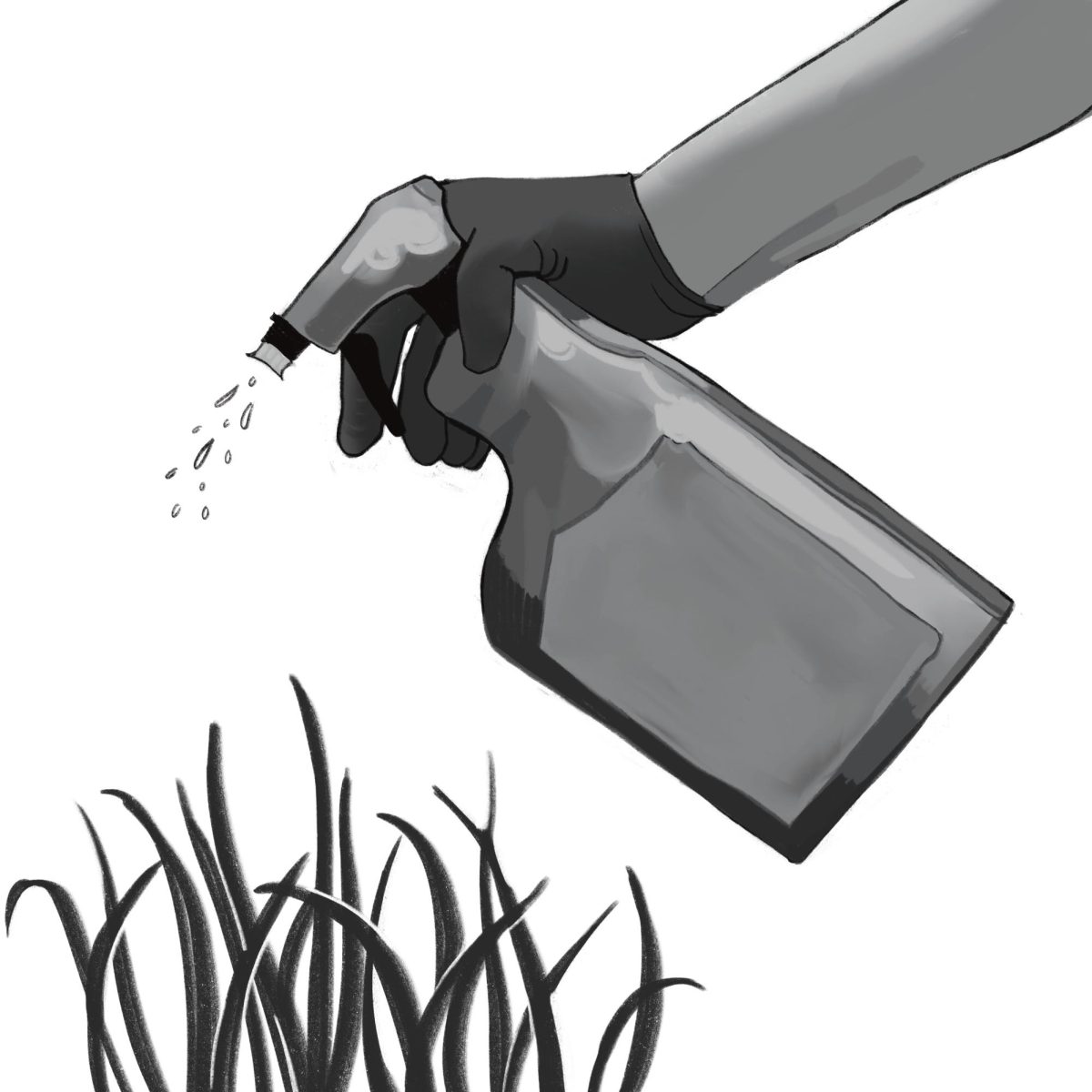
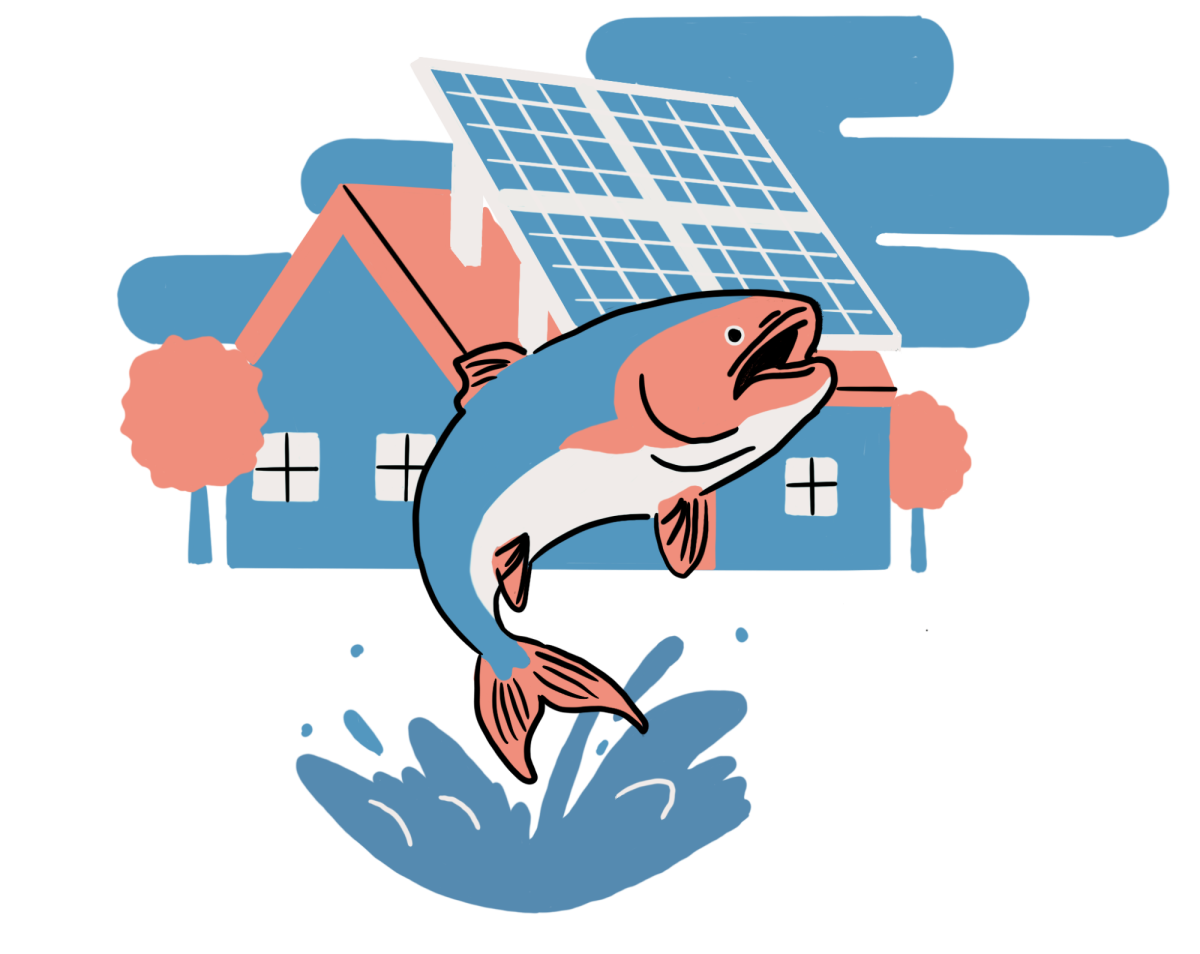

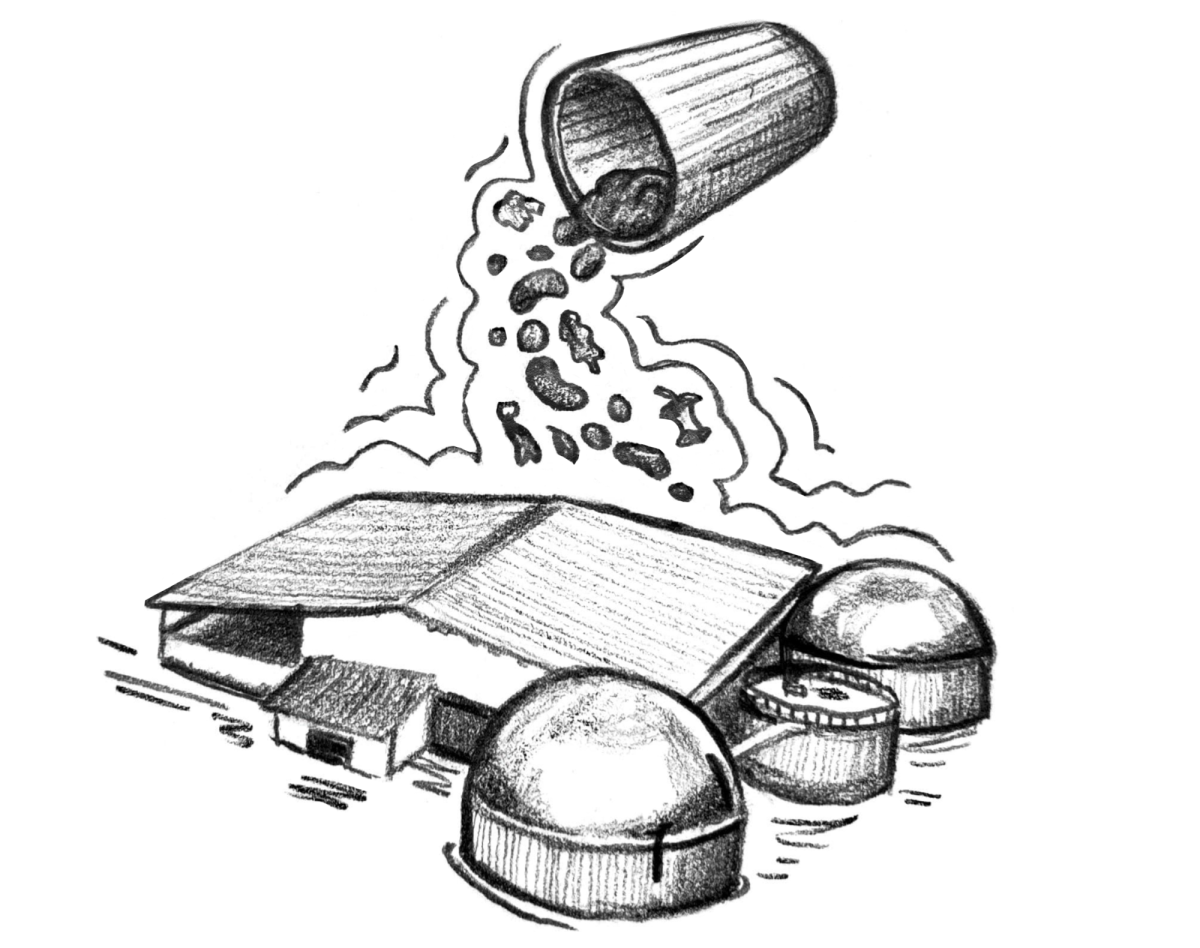
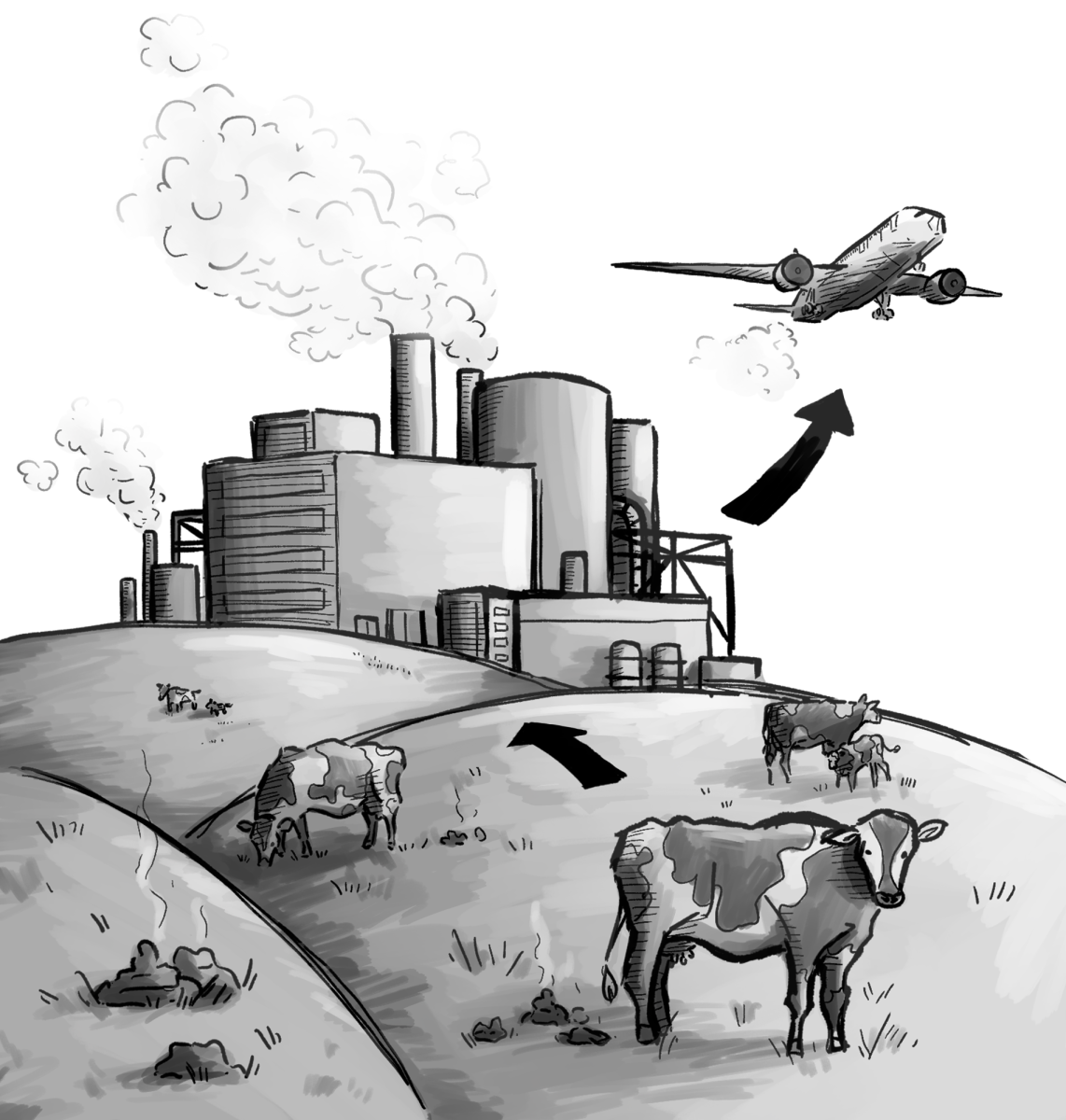

Billie Garde • Apr 22, 2024 at 6:27 pm
Message from Jefferson County, West Virginia and frequent visitor to the Tri-Cities area: Rockwool is not a corporation you want in your community. Its spokesperson, quoted in this article, is also a WVa legislator — covering their interests in the state legislature and working for them as their paid spokesperson during the day. Their environmental record here is based on the lack of required measurements and metrics – we can’t afford enough regulators to hold them accountable. They built ACROSS the street from an elementary school – next to an economically depressed neighborhood that is now closest to their pollution. Their scheme to get a foothold here is worthy of “Erin Brokevich”and Love Canal. Protect yourselves – tap into the Rockwool community of opposition and information!
Karen Szall • Apr 18, 2024 at 12:03 pm
Good article. Thank you. If this company plans on reducing pollution by introducing an electric manufacturing process, I wonder where this electricity will be sourced. Will they generate their own electricity with wind and/or solar technology? Or will this be a burden on the local power supply and drive up utility rates for the local population?
Nat Lange • Apr 18, 2024 at 2:13 pm
Hi Karen, from my understanding, the Wallula Gap Business Park has a pretty substantial electricity hook-up (their website describes being able to accommodate projects demanding as much as 200 megawatts) and ROCKWOOL is not currently planning on generating its own electricity on or off-site. To the second part of your question, I am not sure if the power draw of the Wallula Gap Business Park has any effect on regular ratepayers in Walla Walla County. Both Pacific Power and Columbia Rural Electric Association provide electricity services to the business park.